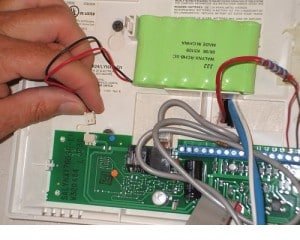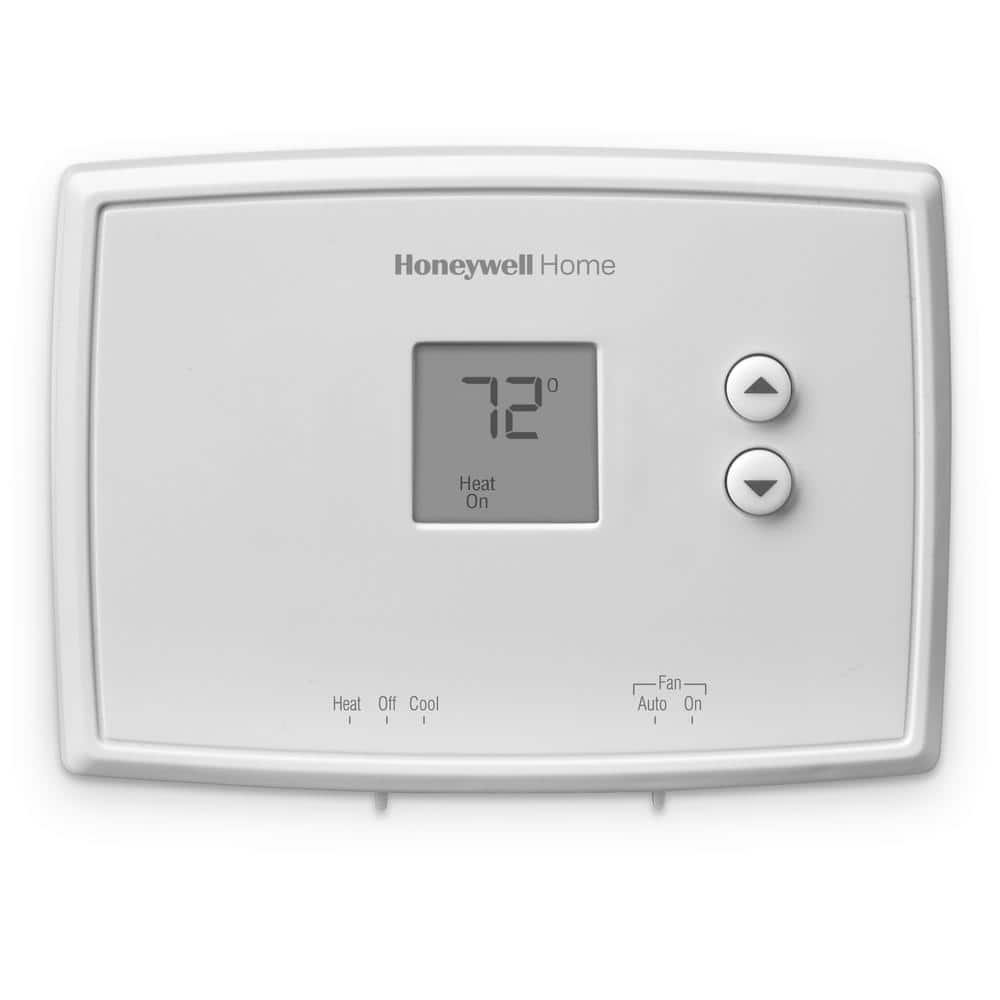Nursing homes usually do not take your Social Security check directly. Instead, they might require a portion for care costs if you’re under Medicaid.
Understanding how finances interact with nursing home care is crucial for seniors and their families. It can be confusing to know what happens to Social Security benefits when someone moves into a nursing home. Many seniors worry about losing their financial independence.
This concern is common, and knowing the truth can ease worries. The process involves understanding Medicaid, personal funds, and how each affects your Social Security. In this blog, we’ll explore the relationship between nursing homes and Social Security checks. You’ll learn what to expect and how to manage finances effectively. Let’s demystify this important topic for peace of mind.

Credit: luxseniorcare.com
Introduction To Nursing Home Costs
Navigating nursing home costs can be confusing for many families. Understanding these expenses is crucial for planning. Nursing homes provide essential care for seniors. But this care comes with a price. It’s important to know what costs to expect. This section will explore the basics of nursing home costs.
Understanding The Basics
Nursing home costs vary by location and services. Basic services include room, meals, and medical care. Additional services may increase the overall cost. Some homes offer special programs for memory care. Others may provide physical therapy. Each service adds to the total bill. Families should review all costs before making decisions.
Common Misconceptions
Many believe nursing homes automatically take Social Security checks. This is not true. Facilities may require payments, but not directly from checks. Residents use checks to cover monthly expenses. Family members often misunderstand these payment processes. It’s important to clarify these misconceptions early on. Doing so helps in financial planning.
Social Security And Nursing Homes
Nursing homes often require residents to pay for care using their income. This may include Social Security checks. Families should discuss payment options with the nursing home to understand how Social Security funds are utilized for care expenses.
Navigating the financial aspects of nursing home care can be daunting. When a loved one needs long-term care, questions about how to manage their Social Security benefits often arise. Understanding the role of these benefits can ease worries and provide clarity.Role Of Social Security Benefits
Social Security benefits are crucial for many residents in nursing homes. These monthly payments often form the backbone of their income. They help cover the costs of essential needs and services. In many cases, residents use their Social Security checks to pay for their stay. This is especially true when they don’t have other income sources. Have you ever wondered how these payments are allocated within nursing homes?How Payments Are Used
Social Security payments typically go towards the cost of care in nursing homes. This includes room, board, and daily services like meals and assistance with personal care. These expenses ensure that residents receive the support they need. Sometimes, residents keep a small portion of their benefits. This personal needs allowance covers items not included in their care. Things like clothing, toiletries, and personal entertainment fall into this category. Consider Jane’s story. She was relieved to know her Social Security would contribute directly to her care. This allowed her to maintain a sense of independence while ensuring her essential needs were met. Do you know how your loved one’s payments are being utilized? Understanding how Social Security benefits work within nursing homes can reduce stress. It allows you to focus more on the well-being of your loved ones. Are there other financial aspects of nursing home care you’re curious about?Legal Framework Surrounding Social Security
Social Security checks usually remain with the recipient, even in nursing homes. Nursing homes typically charge for care services separately, not taking Social Security directly. Understanding this legal framework helps ease concerns about personal finances.
Understanding the legal framework surrounding Social Security is crucial if you’re concerned about how your benefits might be used in a nursing home setting. Navigating these laws can seem overwhelming, but with the right information, you can make informed decisions about your financial future. Let’s break down the basics, so you know exactly where you stand.Federal Regulations
Federal regulations are the foundation of how Social Security benefits are managed, including when you’re in a nursing home. The Social Security Administration (SSA) generally sends your check directly to you or your bank account. However, if you receive Medicaid, a portion of your Social Security may be used to cover nursing home costs. Did you know that the federal government allows you to keep a small personal needs allowance? This amount varies, but it’s essential for covering personal expenses like toiletries or clothing. If you’ve ever wondered why you don’t receive your full check, this is part of the reason.State-specific Rules
State-specific rules can further complicate how your Social Security benefits are used. Each state has its own Medicaid policies that impact how much of your Social Security check goes towards nursing home care. For example, some states might let you retain more of your benefits than others. If you have friends in different states, compare notes on their experiences. You might be surprised at the differences. Research your state’s regulations to understand exactly what you can expect. Thinking about moving to another state? Consider how that might affect your benefits. It’s not just about the weather or being close to family; your financial well-being is also at stake. Understanding these legal frameworks empowers you to make the best choices for your situation. Have you checked your state’s specific rules lately? It might be time for an update.Nursing Home Contracts And Agreements
Nursing homes may require residents to sign agreements involving financial matters. Often, they can request access to social security checks to cover care costs. It’s important to fully understand these contracts before signing.
Navigating the world of nursing home contracts and agreements can be a daunting task, especially when it comes to understanding how your Social Security check fits into the equation. These contracts define the services provided, costs involved, and what happens to your financial resources, including Social Security benefits. Knowing what to expect in these agreements is crucial for making informed decisions about your loved one’s care or even your own future needs.What To Expect In Contracts
When you first receive a nursing home contract, don’t be surprised by its length and complexity. These contracts usually detail everything from room and board to specific care services. You might encounter terms outlining what happens if payments are late or if services need to be adjusted. Understanding these terms can prevent unexpected surprises down the road. Do these contracts mention your Social Security check? It’s not uncommon for them to include details about how payments will be made and what sources of income are expected.Financial Obligations
Financial obligations in nursing home contracts can seem overwhelming. It’s essential to break down these costs to understand what you’re truly committing to. Some facilities may require that your Social Security benefits be used to cover part or all of the monthly fees. This is often stated clearly in the agreement. Consider asking questions like: How will your Social Security check be handled? Are there additional fees not covered by these benefits? Knowing the answers can help you plan better. It’s not unusual for families to feel uncertain about how payments are structured. Sharing a story, my aunt found herself in a similar situation. Her nursing home required a portion of her Social Security check, but they also provided a detailed breakdown of costs, which helped her feel more at ease. Understanding your financial obligations early can prevent stress later. It’s always better to ask questions upfront than to face surprises. So, what should you be looking for in these contracts? Are there hidden fees or clauses? Always read the fine print and seek clarity. This will empower you to make informed decisions and ensure peace of mind.Alternative Payment Methods
Navigating the financial aspects of nursing home care can be overwhelming. Many people wonder if nursing homes take their Social Security checks. While Social Security can be used, there are other options. Understanding these alternatives can ease the burden on families. Let’s explore different payment methods for nursing home care.
Medicare And Medicaid
Medicare offers limited coverage for nursing home stays. It typically covers short-term needs. This includes rehabilitation after surgery. For long-term care, Medicaid is a primary payer. Medicaid helps those with low income and assets. Eligibility requirements can vary by state. It’s crucial to understand local guidelines. Medicaid often covers a large portion of nursing home costs.
Private Insurance Options
Private insurance can cover nursing home expenses. Long-term care insurance is one option. It helps pay for extended stays. Policies differ in what they cover. Some may include nursing home care. Others might offer broader coverage. Reviewing policy details is important. This ensures it meets your needs. Consider discussing with an insurance advisor.
Impact On Personal Finances
Nursing home care can change personal finances greatly. Many wonder if nursing homes take their Social Security checks. Understanding the impact is crucial. It helps in planning and protecting assets.
Budgeting For Nursing Home Care
Creating a budget for nursing home care is important. Start by listing all income sources. Include Social Security, pensions, and savings. Then, list all expenses. Be sure to include medical costs and personal needs.
Compare income and expenses. This helps to see if there is enough money. If not, adjustments may be needed. Some choose to reduce spending on non-essentials. Others may look for additional income sources.
Protecting Your Assets
Protecting your assets is vital. Nursing homes may cost a lot. Without proper planning, savings can deplete quickly. Explore options like long-term care insurance. This can help cover some costs.
Consider speaking with a financial advisor. They can provide guidance tailored to your needs. Legal measures, like setting up a trust, might also be helpful. These steps can safeguard your money for future needs.
Rights And Protections For Residents
Nursing homes cannot directly take your Social Security check. Residents can designate funds for their care. It’s crucial to know your rights and protections to ensure proper management of finances. Understanding these aspects helps in safeguarding personal income while receiving necessary care.
When considering a move to a nursing home, you might worry about your financial independence, especially concerning your Social Security check. It’s crucial to understand that as a resident, you have specific rights and protections designed to support your well-being and autonomy. These rights ensure that your financial resources, including Social Security benefits, are handled with transparency and respect. ###Understanding Resident Rights
Residents in nursing homes are entitled to a host of rights, ensuring their dignity, respect, and privacy. These rights include the ability to manage your own finances. You can designate someone to help with financial matters, but the choice is yours. Nursing homes cannot demand your Social Security check as payment directly. Instead, they should provide a clear billing statement, allowing you to manage and allocate your funds as you see fit. This protection ensures your money is used for your benefit, not the facility’s convenience. Imagine the peace of mind knowing you have the final say in how your Social Security funds are spent. This empowerment is vital, preserving your independence and safeguarding your interests. ###Resources For Advocacy
If you feel your rights are being compromised, numerous resources can help advocate for you. The Long-Term Care Ombudsman Program is a valuable ally, offering free services to address and resolve concerns about your care. Do you know how to contact your state’s ombudsman? They can provide guidance and support, ensuring your rights are upheld. Another useful resource is the National Consumer Voice for Quality Long-Term Care, which offers information and tools to help you make informed decisions. Having these resources at your disposal can be empowering. They provide reassurance that you are not alone in navigating the complexities of nursing home care. By knowing your rights and where to turn for help, you can confidently manage your Social Security benefits and maintain control over your financial future.
Credit: www.losaviodejean.com
Tips For Managing Nursing Home Costs
Managing nursing home costs can be challenging. Planning and informed decisions help. Understanding available resources eases the financial burden. Below are tips to manage these costs effectively.
Seeking Financial Advice
Consult a financial advisor. They provide insights tailored to your situation. Discuss options like insurance, savings, and benefits. Advisors can identify potential cost-saving strategies. Their expertise helps in navigating complex financial matters.
Planning For Long-term Care
Start planning for long-term care early. Consider various nursing home options. Evaluate their costs and services. Research government programs offering financial assistance. This planning ensures preparedness for future needs.
Conclusion And Final Thoughts
Navigating the financial aspects of nursing home care can be challenging. Understanding how Social Security checks fit into this puzzle is crucial. This ensures you make informed decisions about long-term care for yourself or loved ones.
It’s essential to know how nursing homes manage Social Security income. This knowledge empowers families to plan effectively and avoid surprises. Let’s delve into the key takeaways and future considerations surrounding this topic.
Summarizing Key Points
Nursing homes often utilize Social Security checks to cover costs. Residents typically sign agreements allowing homes to receive these funds directly. This helps streamline payment processes for care services provided.
Families should review contracts thoroughly before signing. Understanding terms related to Social Security payments is vital. It ensures transparency and avoids misunderstandings about financial responsibilities.
Future Considerations
Changes in policies may impact how Social Security checks are handled. Staying informed about policy updates is important. This allows families to adapt financial plans accordingly.
Consider discussing financial strategies with a professional. They can offer insights into maximizing benefits and minimizing out-of-pocket expenses. Planning ahead can alleviate potential financial stress.
Explore alternative care options if Social Security funds are insufficient. Community programs or home care might be viable solutions. These options can offer flexible and cost-effective care solutions.

Credit: www.youtube.com
Frequently Asked Questions
What Happens To Your Social Security If You Go To A Nursing Home?
Your Social Security benefits continue if you move to a nursing home. Payments may be used for care costs. Eligibility or amount doesn’t change due to the move. Ensure the nursing home receives necessary funds for your care.
What Are The Three Ways You Can Lose Your Social Security?
You can lose Social Security by committing fraud, not meeting eligibility requirements, or facing government penalties.
What Happens To Your Money When You Go To A Nursing Home?
Entering a nursing home often requires using personal funds for care costs. Medicaid may cover expenses once funds deplete. Eligibility for Medicaid depends on income and asset levels. Proper planning can protect some assets. It’s crucial to consult with a financial advisor for tailored advice.
How Can I Protect My Retirement From Nursing Home?
Consider setting up a Medicaid Asset Protection Trust. Consult an elder law attorney to safeguard your assets. Explore long-term care insurance for financial protection. Transfer assets early to avoid penalties. Stay informed on Medicaid rules to ensure eligibility.
Conclusion
Understanding how Social Security checks work in nursing homes helps. It clarifies financial obligations and aids in planning. Different homes have different rules. Always check each facility’s policy. Talk with a financial advisor for personal guidance. Knowledge empowers decisions. Families can better prepare for loved ones’ care.
Seek information early to avoid surprises. Ask questions, gather facts. It’s crucial for peace of mind. Smart planning ensures financial stability. Your loved one’s comfort matters most. Keep informed and make wise choices. This way, seniors get the care they deserve.















